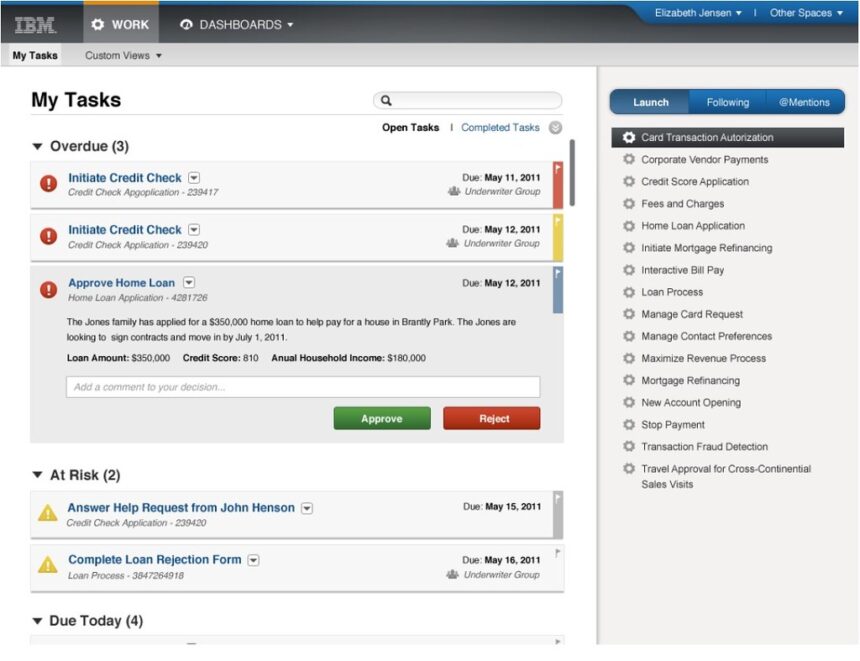The Pros and Cons of Refinancing Your Loan
Refinancing your loan has both advantages and drawbacks. Before making any decisions, it is important to be aware of all of the potential outcomes and their implications. Understanding the pros and cons of refinancing can help you decide if it’s a good idea for your current financial situation.
Pros of Refinancing
- Lower interest rates: When you refinance, you may be able to secure a lower interest rate than you had initially, which translates to lower monthly payments.
- Lower monthly payments: Refinancing can also help you reduce your monthly payments by obtaining better terms.
- Increase your cash flow: Refinancing can help you free up some of your cash for other financial opportunities by lowering your debt.
- Take advantage of current market rates: If rates have dropped since you took out your loan, you can take advantage of the lower current rates by refinancing.
Cons of Refinancing
- Costs: Refinancing will cost you in the form of fees associated with paperwork, appraisals, and other costs.
- Longer repayment terms: If you are able to get a lower interest rate, it may be because you extended the repayment term of the loan, which will result in more total interest payments over time.
- Loss of benefits: Depending on the type of loan you have, you may lose certain benefits associated with that loan by refinancing.
- Missed payments can lead to penalties: If you are late with your payments, you may face late fees, penalties, and additional interest.
As with any kind of financial decision, make sure to weigh the pros and cons of refinancing your loan carefully. Working with a financial advisor can help you determine which option is right for your unique situation. It is also important to shop around and compare rates before you move forward. Refinancing can be a great way to reduce your monthly payments and increase your cash flow, but you should consider all of the potential risks and rewards before making any decisions.

